5 Sleep Habits That Can Be Converted To Sleep Aids
Although lack of sleep can have detrimental impacts on our physical and mental health, good sleep habits are crucial for our overall health and well-being. We may boost the quantity and quality of our sleep by forming healthy sleeping habits, which will result in more energy, greater cognitive performance, and better mood. Establishing a regular sleep schedule, providing a pleasant sleeping environment, controlling stress, and abstaining from caffeine and alcohol before bed are just a few examples of the many behaviors that make up good sleep habits.
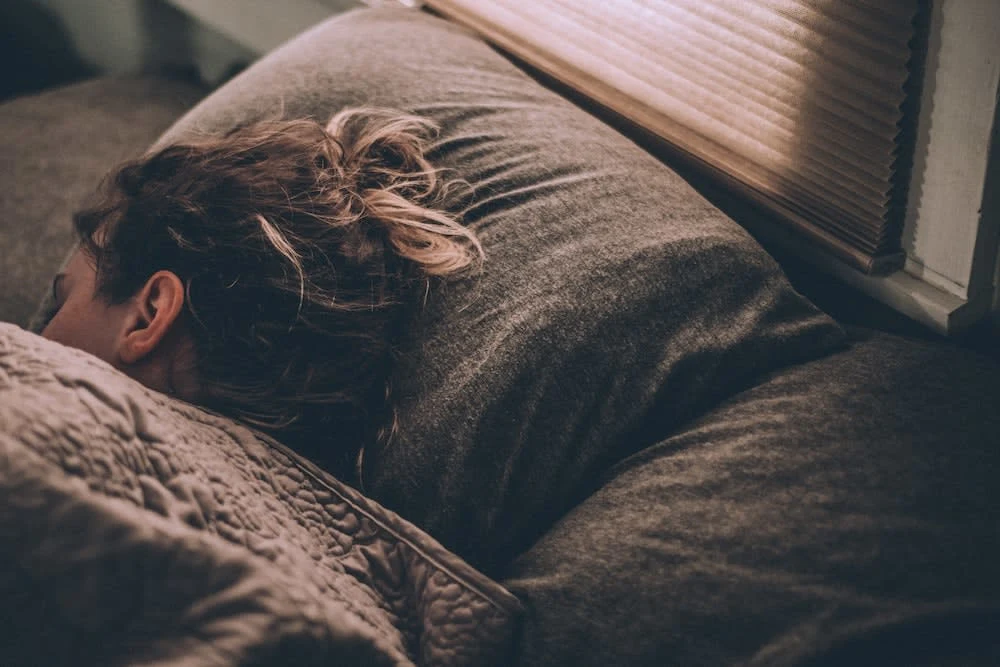
1. Steady Sleep Pattern
Good sleep hygiene requires maintaining a regular sleep schedule. It is simpler to fall asleep at night and wake up feeling rested in the morning when we assist our bodies to maintain a regular schedule by going to bed and waking up at the same time each day.
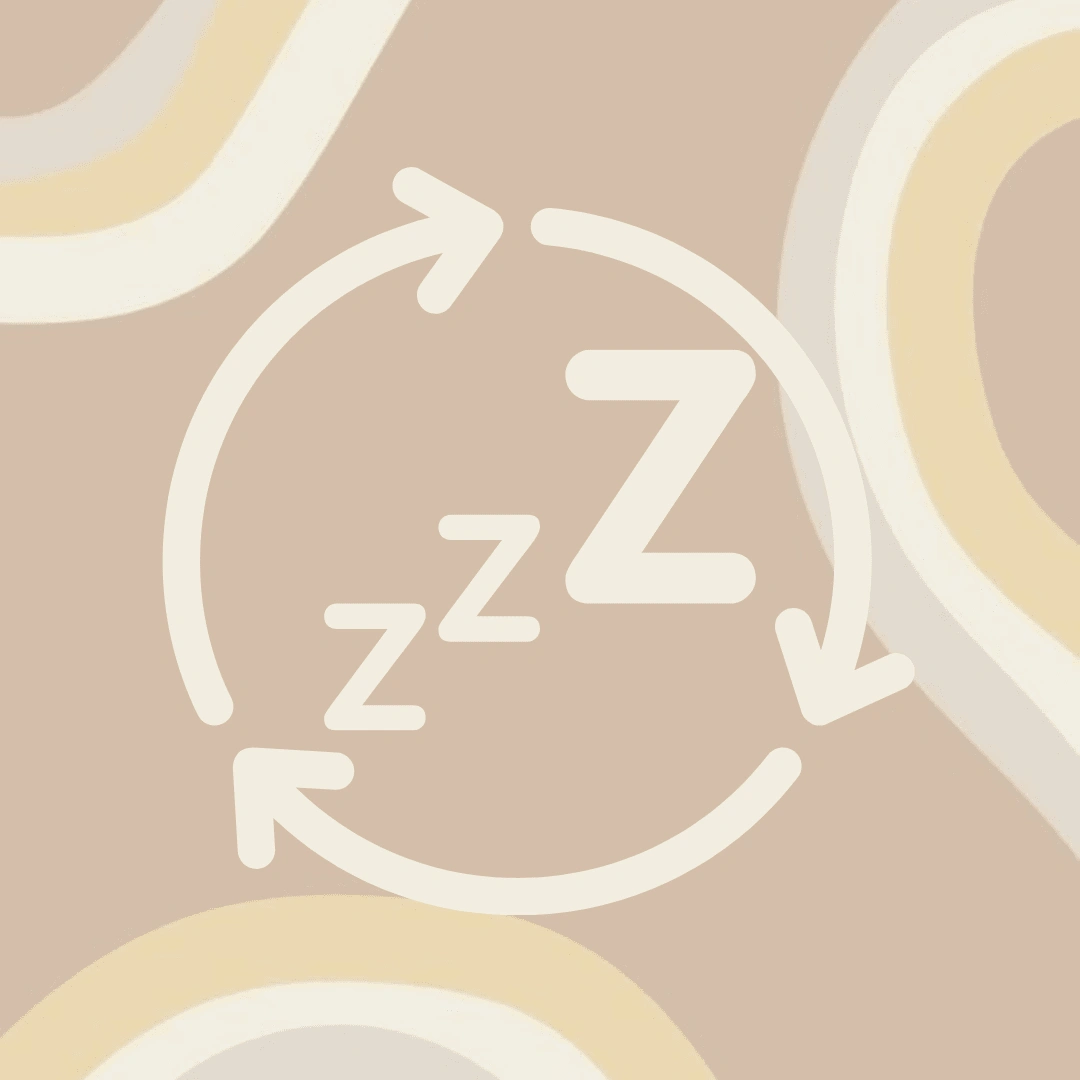
To promote better sleep and general health, set goals for a sleep routine that supports your body's natural sleep-wake cycle and gives priority to consistency.
2. Relaxing Bedtime Routine
For healthy sleep hygiene, establish a calming nighttime ritual. It aids in stress reduction and encourages feelings of peace and relaxation, laying the groundwork for our bodies and minds to be ready for sleep. Here are a few things you could do to develop a calming routine.
Yoga and Meditation
Try a few breathing exercises.
Aromatherapy
Reading before bed
Warm bath
Herbal tea
Bedroom decluttering
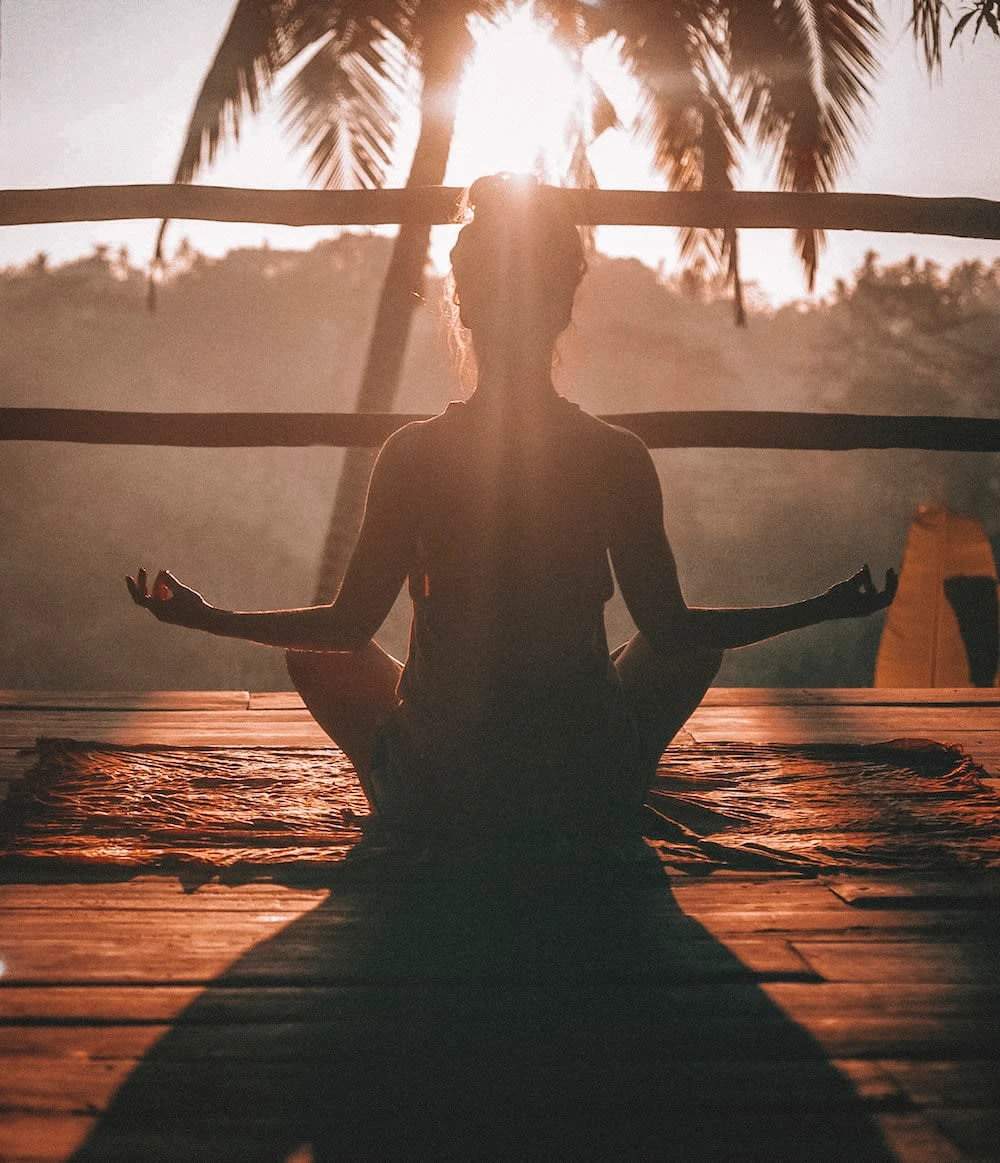
3. Alcohol-free bedtime routine
For healthy sleeping habits, it's crucial to stay away from alcohol and caffeine. Both can make it difficult to fall asleep and stay asleep, which results in restless sleep and tiredness during the day. Chocolate, coffee, tea, soda, and other caffeinated beverages are stimulants, whereas alcohol initially induces a feeling of sleep but can disrupt our sleep. To promote better sleep, it is recommended that you steer clear or consume them as little as possible.
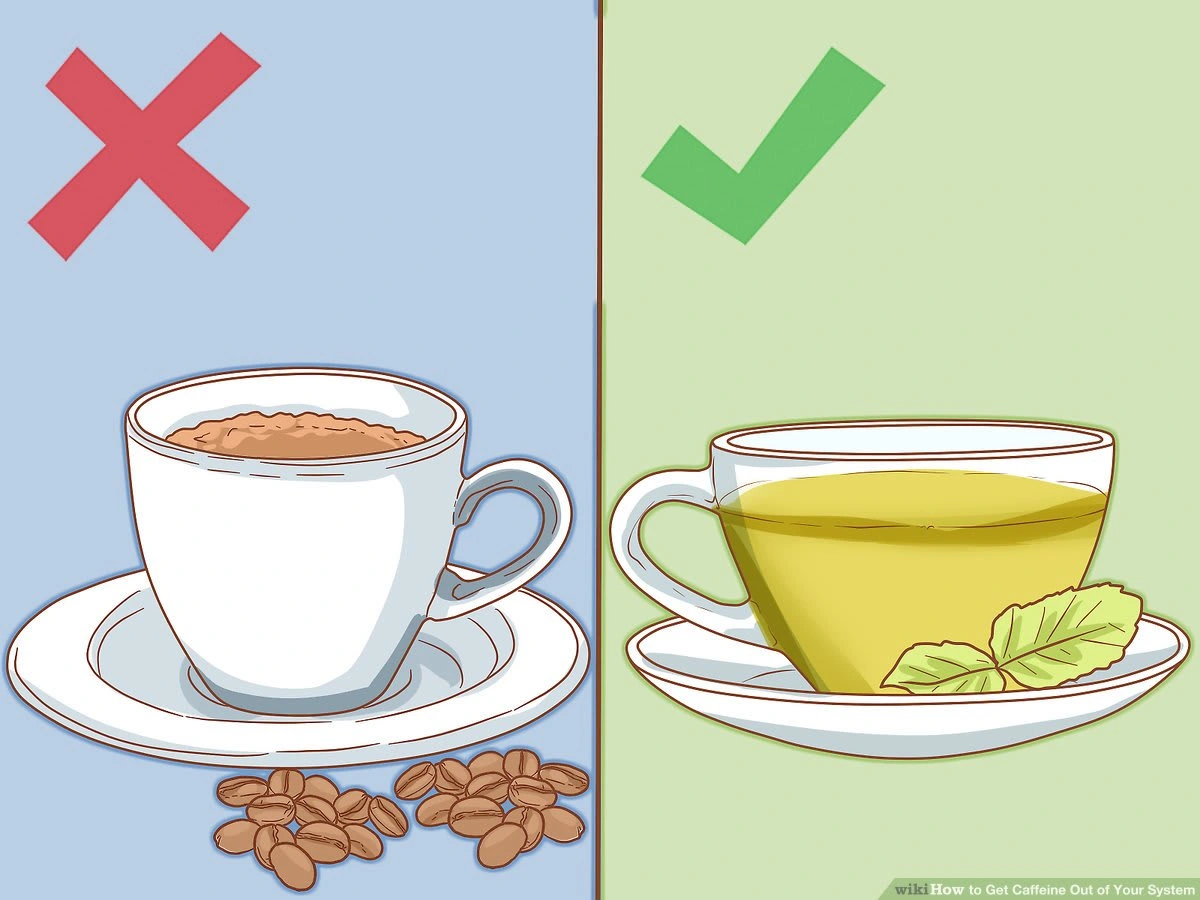
4. Electronic Devices and Melatonin Production
For sound sleep, limiting screen time prior to bedtime is critical. Blue light from electronic devices disrupts the generation of melatonin and can make it more difficult to get to sleep and remain asleep. Prior to going to bed, it is advised to stop using screens for at least an hour and participate in unwinding activities like reading or taking a bath. This encourages more restful sleep and improved general wellness.

5. Foods to avoid before bedtime
To maintain proper sleep habits, some foods and beverages must be avoided. Meals that are greasy, hot, or heavy can make it difficult to go to sleep. Drinks with added sugar or caffeine, as well as excessive alcohol consumption, can disrupt sleep. Eat a small, healthy dinner a few hours before bed, stay away from sugary and caffeinated beverages, and moderate alcohol consumption to encourage better sleep. Avoid eating a lot of food right before night, especially if it has a lot of sugar, spice, or fat.
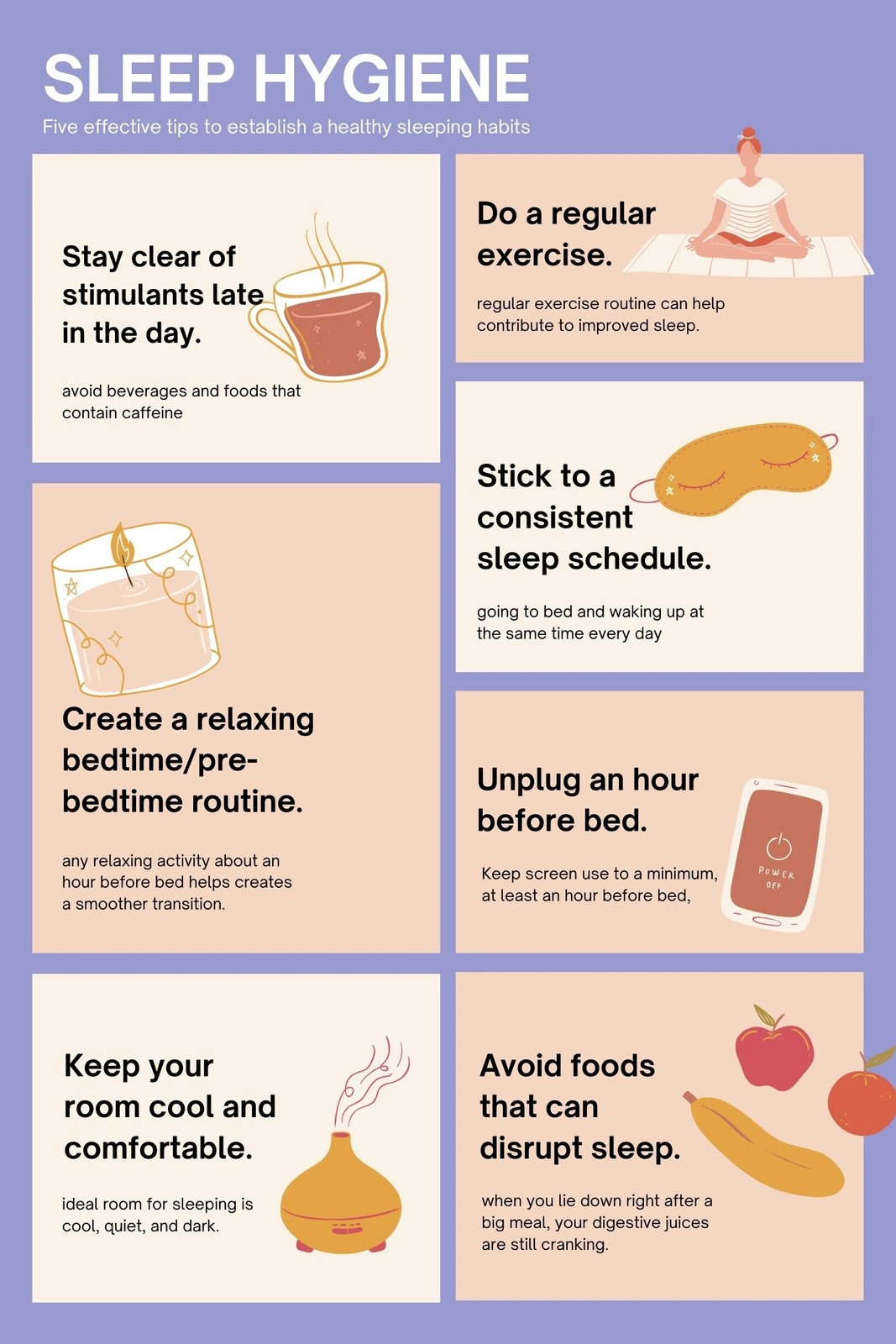
These sleeping practices can also act as natural sleep aids, making it easier for you to go to sleep, stay asleep, and wake up feeling more rested. Although there are many different sleep aids on the market, implementing these behaviors into your daily routine is a safer and longer-lasting way to get better sleep.
Like this project
Posted Apr 4, 2023
Our general health and well-being depend on getting a decent night's sleep. There are numerous behaviors we might develop to encourage better sleep.
Likes
0
Views
9



